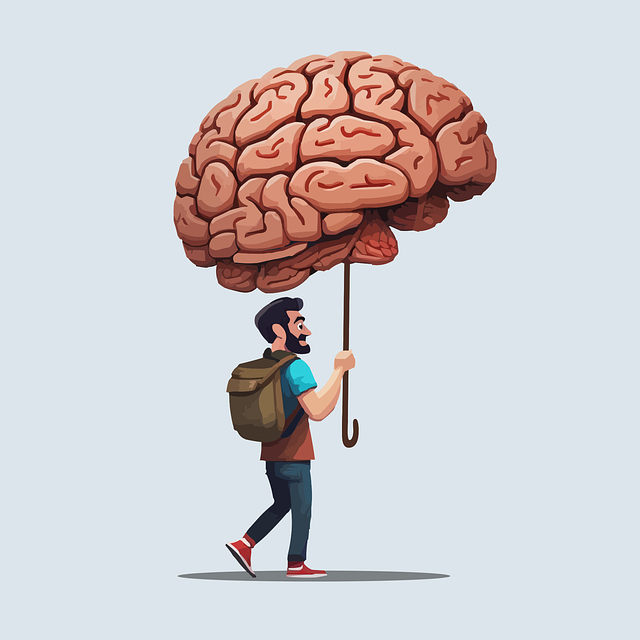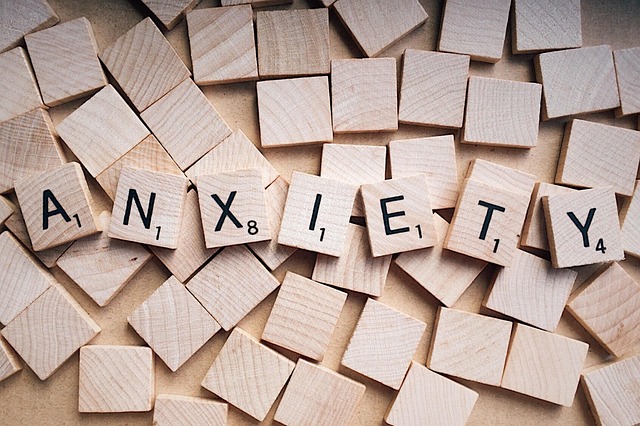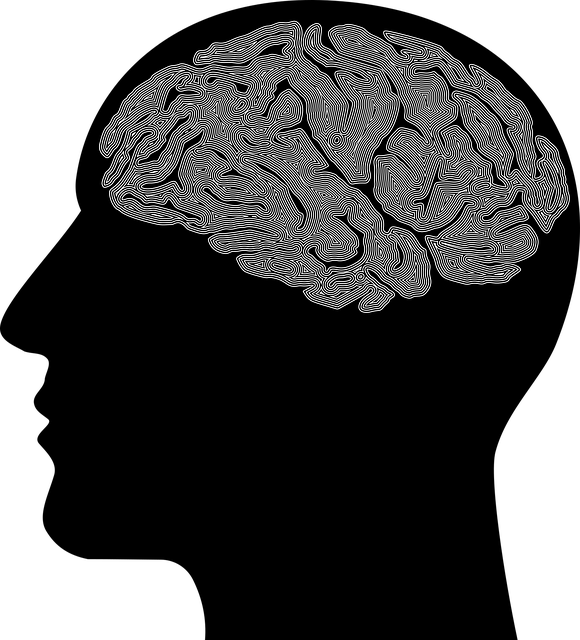Depression among young adults is a growing concern, requiring early intervention through recognizing signs and understanding individual triggers like academic pressures or social isolation. Effective strategies include professional help such as therapy (including couples counseling), CBT, mindfulness meditation, and positive thinking techniques. These interventions empower young adults with coping mechanisms, enhance resilience, and promote healthier mindsets. Proactive prevention involves structured self-care routines, social connections, and mindfulness practices, while couples counseling addresses interpersonal issues and communication challenges. Incorporating these approaches builds emotional agility and equips individuals to combat depression effectively.
Depression is a growing concern among young adults, but with proactive strategies, prevention is achievable. This article explores various approaches to combat this pervasive issue, from identifying early signs to evidence-based therapies and lifestyle adjustments. We delve into the significance of therapy tailored for young adults, offering effective treatments. Additionally, couples counseling is highlighted as a powerful tool for emotional well-being. By combining these strategies, individuals can build resilience and find support in navigating life’s challenges.
- Recognizing Depression and Its Triggers in Young Adults
- The Role of Therapy: Effective Approaches for Prevention
- Couples Counseling: A Supportive Space for Emotional Well-being
- Building Resilience: Lifestyle Changes and Coping Strategies
Recognizing Depression and Its Triggers in Young Adults

Depression among young adults is a growing concern, but recognizing its signs and triggers is the first step toward prevention. This mental health issue often manifests as persistent feelings of sadness, loss of interest in activities once enjoyed, changes in appetite or sleep patterns, fatigue, difficulty concentrating, and in severe cases, thoughts of self-harm. Understanding these symptoms is crucial for early intervention. Many young adults may struggle with specific triggers, such as academic pressures, social isolation, or trauma, which can lead to depression. Identifying these catalysts is vital for developing effective strategies to combat the condition.
Seeking professional help through therapy, including couples counseling for those in relationships, has proven beneficial. Mindfulness meditation and positive thinking techniques are also valuable tools to foster emotional well-being. Additionally, trauma support services play a significant role in addressing underlying issues that may contribute to depression. These interventions can empower young adults with coping mechanisms, enhance their resilience, and promote a healthier mindset.
The Role of Therapy: Effective Approaches for Prevention

Depression can often be prevented through early intervention and effective therapeutic strategies tailored to individual needs. One powerful tool in the prevention arsenal is therapy, particularly for young adults navigating life’s challenges. Couples counseling has also proven beneficial, addressing interpersonal issues that may contribute to depressive episodes.
Therapy provides a safe space for individuals to explore their emotions, gain insights into triggers, and learn coping mechanisms. For young adults, cognitive-behavioral therapy (CBT) is often recommended due to its effectiveness in identifying and changing negative thought patterns. Additionally, incorporating emotional intelligence techniques can help individuals better understand and manage their feelings, fostering resilience against burnout prevention. Stress reduction methods, such as mindfulness practices, are also integral components of many therapeutic approaches, aiming to decrease the impact of stressors that might lead to depression.
Couples Counseling: A Supportive Space for Emotional Well-being

Couples counseling offers a unique and supportive space for young adults navigating emotional challenges. This form of therapy is particularly beneficial for individuals dealing with depression, as it focuses on improving communication strategies within relationships, fostering better emotional regulation, and providing a safe environment to process difficult feelings. By attending couples counseling, young adults can learn valuable tools to manage their mental health while strengthening their connections with partners or family members.
The implementation of community outreach programs can further enhance these benefits. These initiatives often include educational workshops on emotional well-being, stress management techniques, and relationship building skills. Through such programs, individuals gain access to resources that promote proactive depression prevention and improve overall resilience in managing life’s challenges, both individually and within their interpersonal connections.
Building Resilience: Lifestyle Changes and Coping Strategies

Building resilience is a key strategy in preventing depression, and it starts with making positive lifestyle changes. For young adults, this could involve adopting a structured self-care routine development that includes regular exercise, balanced nutrition, and sufficient sleep. Engaging in activities that foster social connections and a sense of belonging can also be powerful tools; connecting with friends and family or joining support groups has been shown to reduce feelings of isolation and promote emotional well-being. Additionally, practicing mindfulness techniques like meditation or deep breathing exercises can help individuals manage stress reduction methods more effectively.
Couples counseling can play a significant role in building resilience within relationships, addressing communication issues, and providing a safe space for both partners to express their emotions. By learning healthy coping strategies together, couples can navigate life’s challenges with greater ease. Incorporating these practices into daily life encourages emotional agility and helps individuals develop the mental fortitude needed to combat depression. Moreover, challenging negative thought patterns through cognitive-behavioral therapy (CBT) or similar approaches can break down barriers caused by mental illness stigma reduction efforts, paving the way for improved mental health outcomes.
In conclusion, preventing depression among young adults involves a multi-faceted approach. Recognizing early signs and triggers is crucial, while therapy – particularly tailored for this demographic – plays an invaluable role in emotional well-being. Additionally, couples counseling offers a supportive space for partners to navigate mental health challenges together. By integrating lifestyle changes and effective coping strategies, individuals can build resilience, fostering better mental health outcomes. For young adults seeking help, accessing appropriate therapy and exploring couples counseling can be game-changing steps towards managing and overcoming depression.














